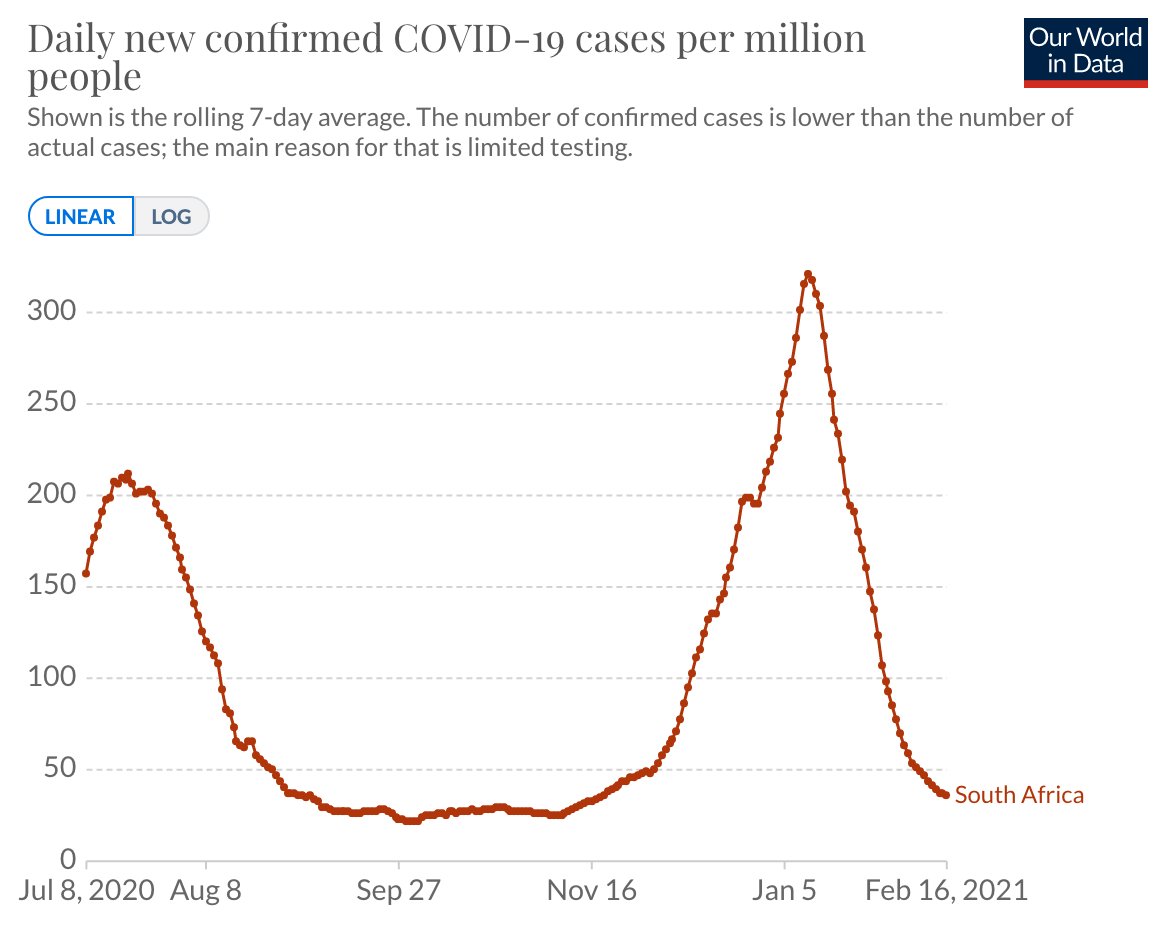
Before my Florida piece, I spoke to many people who were astonished by the mask-wearing diff between northeast metros and Florida.
After it published, I've heard from a lot of FL ppl who say their communities take masks and distancing v seriously despite the governor's approach.
After it published, I've heard from a lot of FL ppl who say their communities take masks and distancing v seriously despite the governor's approach.
https://twitter.com/eleventeen/status/1375460701762953223
At least 2 lessons here.
1. Florida is a big place.
2. One answer to the Florida mystery—how did it have only avg mortality in an "open"ish economy with so many old people?—is that the public, and seniors in particular, used masks and distancing far more than DeSantis insisted.
1. Florida is a big place.
2. One answer to the Florida mystery—how did it have only avg mortality in an "open"ish economy with so many old people?—is that the public, and seniors in particular, used masks and distancing far more than DeSantis insisted.
Florida is being held up, by some, as proof that masks and distancing don't work, or are dramatically overrated.
One reason I think that's wrong is their impression of Florida's mask/distancing protocols is a caricature of the state's actual behavior.
theatlantic.com/ideas/archive/…
One reason I think that's wrong is their impression of Florida's mask/distancing protocols is a caricature of the state's actual behavior.
theatlantic.com/ideas/archive/…
• • •
Missing some Tweet in this thread? You can try to
force a refresh










